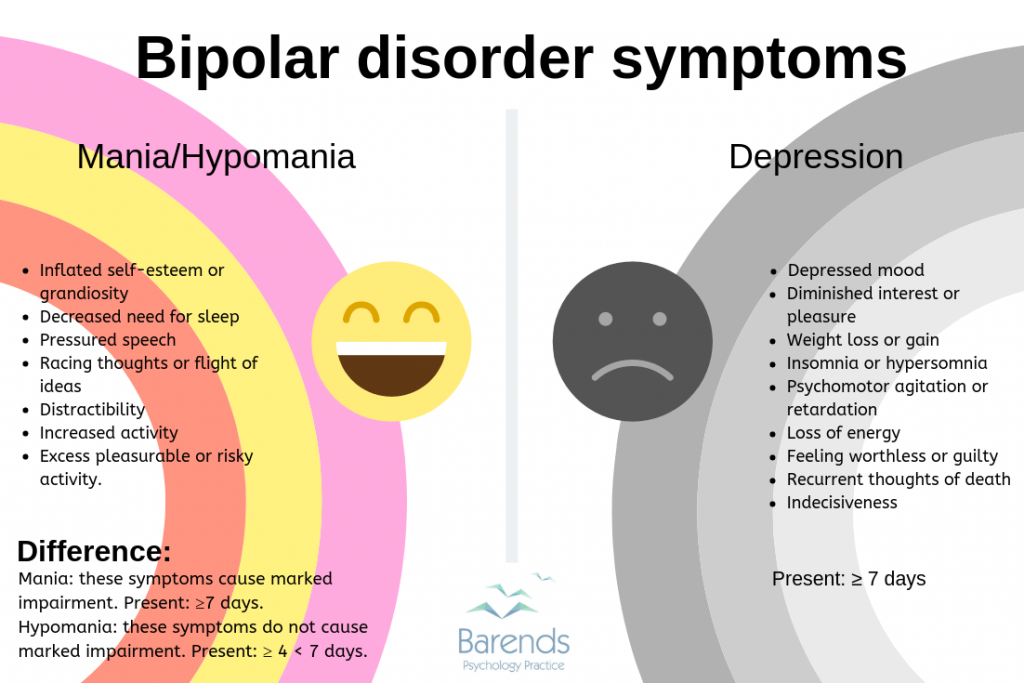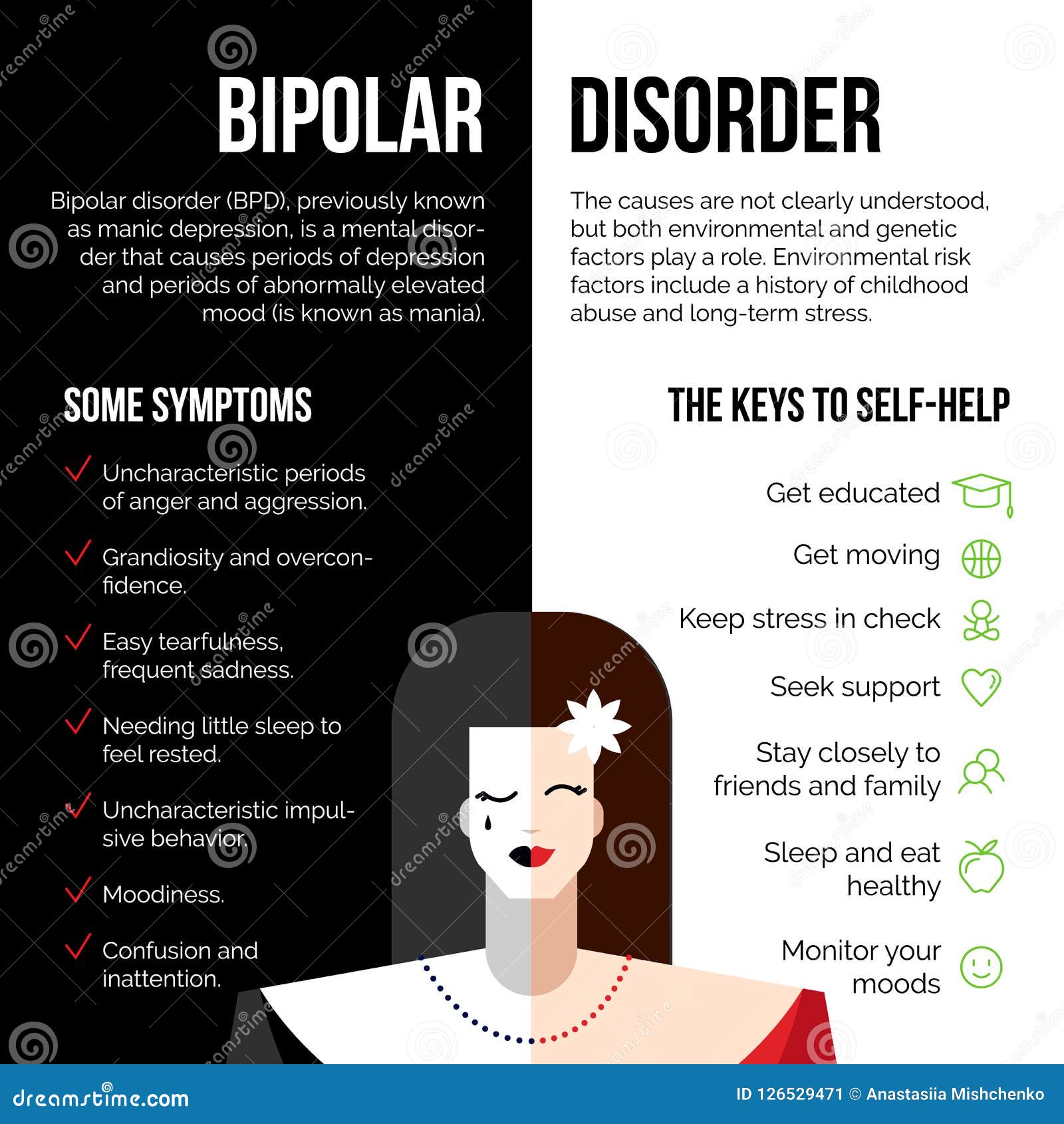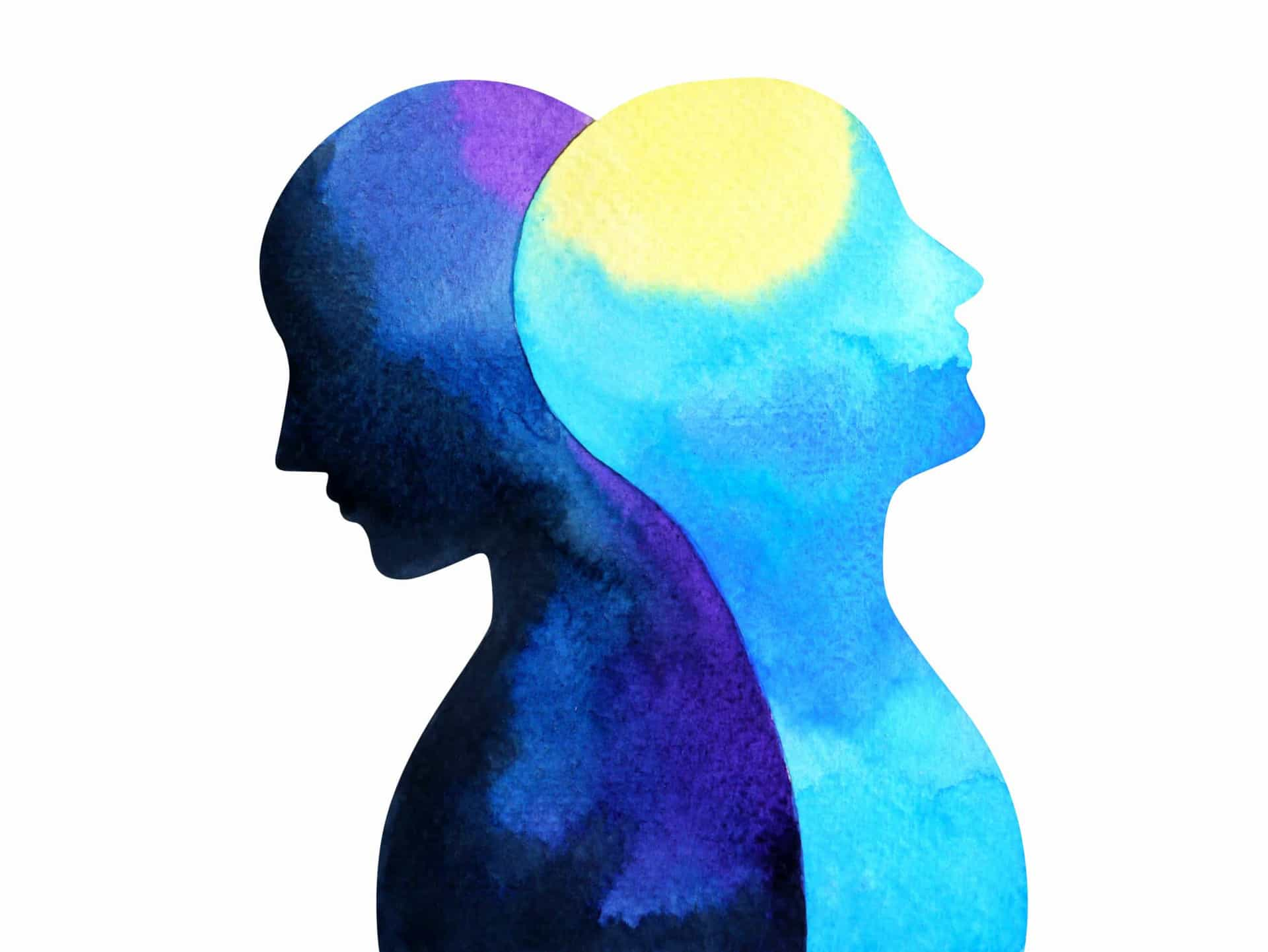Table of Contents
- Bipolar Disorder | Bluehaven Psychiatry PLLC
- #415 Bipolar Disorder With Dr. Kevin Johns - The Curbsiders
- Bipolar disorder: All you need to know
- BIPOLAR ADALAH: Menggali Lebih Dalam Tentang Gangguan Mood yang ...
- Apa Itu Bipolar Disorder Apa Itu Bipolar Bipolar Disorder Adalah | My ...
- Causes, signs, and treatment of bipolar disorder - Apollo 24/7
- Mental Health: What is Bipolar Disorder? Know Symptoms, Habits ...
- Bipolar adalah Penyakit Perubahan Mood, Ini Faktanya - Yoona
- Premium Photo | Mental disorders concept composition for Bipolar disorder
- Mental bipolar disorder stock vector. Illustration of icon - 126529471



What is Bipolar Disorder?



Symptoms of Bipolar Disorder



Causes and Risk Factors
The exact causes of bipolar disorder are not fully understood, but research suggests that it is a complex condition that involves a combination of genetic, environmental, and neurochemical factors. According to the StatPearls - NCBI Bookshelf, risk factors for bipolar disorder include: Family history of bipolar disorder Traumatic brain injury Substance abuse Certain medical conditions, such as thyroid disease or multiple sclerosis
Treatment and Management
While there is no cure for bipolar disorder, it can be effectively managed with treatment. Treatment typically involves a combination of medications, psychotherapy, and lifestyle changes. Medications such as mood stabilizers, antipsychotics, and antidepressants can help to stabilize mood and reduce symptoms. Psychotherapy, such as cognitive-behavioral therapy (CBT), can help individuals develop coping skills and manage symptoms. In conclusion, bipolar disorder is a complex mental health condition that requires comprehensive treatment and management. The StatPearls - NCBI Bookshelf provides a wealth of information on bipolar disorder, including its diagnosis, treatment, and management. By understanding the symptoms, causes, and treatment options for bipolar disorder, individuals can better manage their condition and improve their overall quality of life.For more information on bipolar disorder, visit the StatPearls - NCBI Bookshelf or consult with a healthcare professional.
Note: This article is for informational purposes only and should not be considered as medical advice. If you or someone you know is experiencing symptoms of bipolar disorder, please seek professional help.